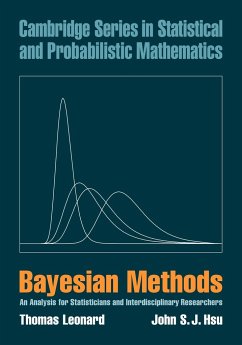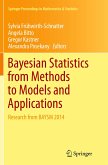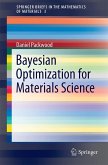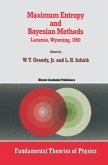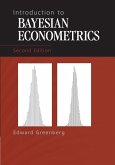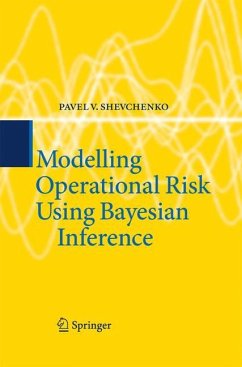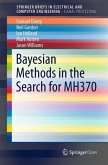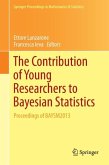This book describes the Bayesian approach to statistics at a level suitable for final year undergraduate and Masters students. It is unique in presenting Bayesian statistics with a practical flavor and an emphasis on mainstream statistics, showing how to infer scientific, medical, and social conclusions from numerical data. The authors draw on many years of experience with practical and research programs and describe many new statistical methods, not available elsewhere. A first chapter on Fisherian methods, together with a strong overall emphasis on likelihood, makes the text suitable for mainstream statistics courses whose instructors wish to follow mixed or comparative philosophies. The other chapters contain important sections relating to many areas of statistics such as the linear model, categorical data analysis, time series and forecasting, mixture models, survival analysis, Bayesian smoothing, and non-linear random effects models. The text includes a large number of practical examples, worked examples, and exercises. It will be essential reading for all statisticians, statistics students, and related interdisciplinary researchers.
Table of contents:
1. Introductory statistical concepts; 2. The discrete version of Bayes' theorem; 3. Models with a single unknown parameter; 4. The expected utility hypothesis and its alternatives; 5. Models with several unknown parameters; 6. Prior structures, posterior smoothing, and Bayes-Stein estimation; Guide to worked examples; Guide to self-study exercises.
Describes the Bayesian approach to statistics at a level suitable for final year undergraduate and Masters students as well as statistical and interdisciplinary researchers. It is unique in presenting Bayesian statistics with an emphasis on mainstream statistics, showing how to infer scientific, medical, and social conclusions from numerical data.
Bayesian statistics directed towards mainstream statistics. How to infer scientific, medical, and social conclusions from numerical data.
Table of contents:
1. Introductory statistical concepts; 2. The discrete version of Bayes' theorem; 3. Models with a single unknown parameter; 4. The expected utility hypothesis and its alternatives; 5. Models with several unknown parameters; 6. Prior structures, posterior smoothing, and Bayes-Stein estimation; Guide to worked examples; Guide to self-study exercises.
Describes the Bayesian approach to statistics at a level suitable for final year undergraduate and Masters students as well as statistical and interdisciplinary researchers. It is unique in presenting Bayesian statistics with an emphasis on mainstream statistics, showing how to infer scientific, medical, and social conclusions from numerical data.
Bayesian statistics directed towards mainstream statistics. How to infer scientific, medical, and social conclusions from numerical data.

